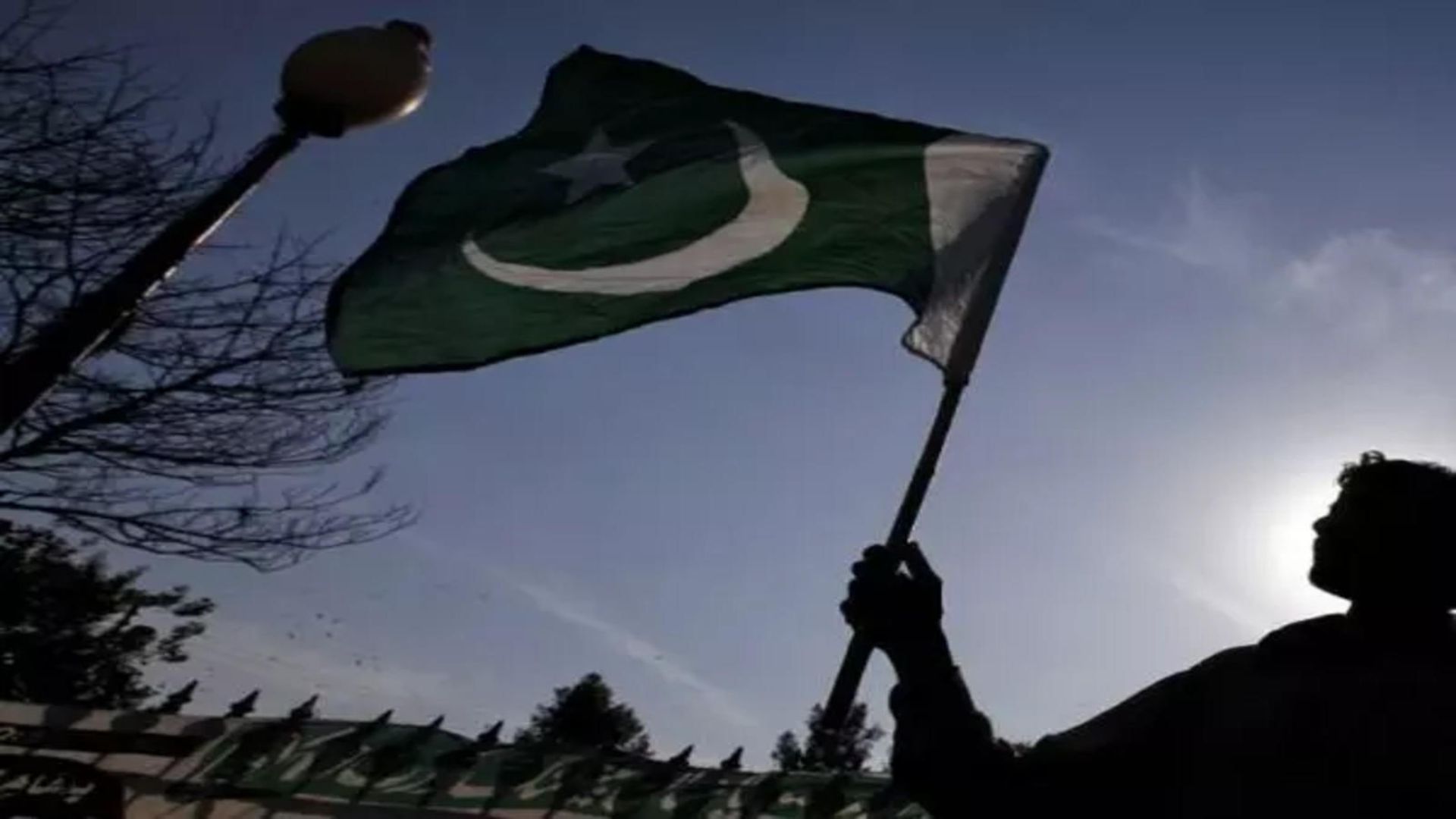The government of Pakistan announced Sunday it will cut up to around 150,000 jobs in the public sector and will close six ministries and merge two others, in what the government vowed would help sharply reduce administrative costs. These reforms are conditions agreed with the IMF as part of a package worth USD 7 billion.
On September 26, it approved the assistance package and released over USD 1 billion as the first installment after Pakistan committed to curbing expenditures, raising the tax-to-GDP ratio, taxing sectors like agriculture and real estate, reducing subsidies, and delegating some fiscal responsibilities to the provinces.
Speaking to the media on his return from the US, Finance Minister Muhammad Aurangzeb said this would be Pakistan’s last IMF programme if the country’s policies are put into effective implementation. “We need to implement our policies to prove that it will be the last program,” he told the media, adding that formalising the economy is a must for Pakistan to become part of the G20.
He said that the government plans to reduce six ministries and merge two others besides abolishing 150,000 posts in various ministries. He mentioned tax revenues now growing as the new taxpayer numbers have gone from 1.6 million to 3.2 million this year and 732,000 of those have been registered so far. He also announced the abolition of the non-filers category, meaning those who were not paying taxes earlier would not be able to buy property or vehicles.
The minister said economic life in the country looked bright, as its foreign exchange reserves have touched a high at this point of time. The minister elaborated that as far as growth in national and IT exports were concerned, it was pretty significant and thus concluded that increased investor confidence mainly explains the surge. He pointed out that the policy rate had gone down by 4.5% since the government came to power, further adding that the exchange rate would stabilize and the policy rate would get steadied at the same level.
“Our claim that the economy is getting better is not an idle one since inflation has gone down because of policies from the government. Inflation has fallen into the single digits,” he added.
Pakistan has been subject to perennial economic problems for a long time and barely avoids its first default in 2023 at the eleventh hour due to a loan of USD 3 billion from the IMF. The country is hopeful that it would be the last program from the IMF as it has a record of taking more than two-and-a-half-dozen loans from the Fund but still not solving those problems permanently.







